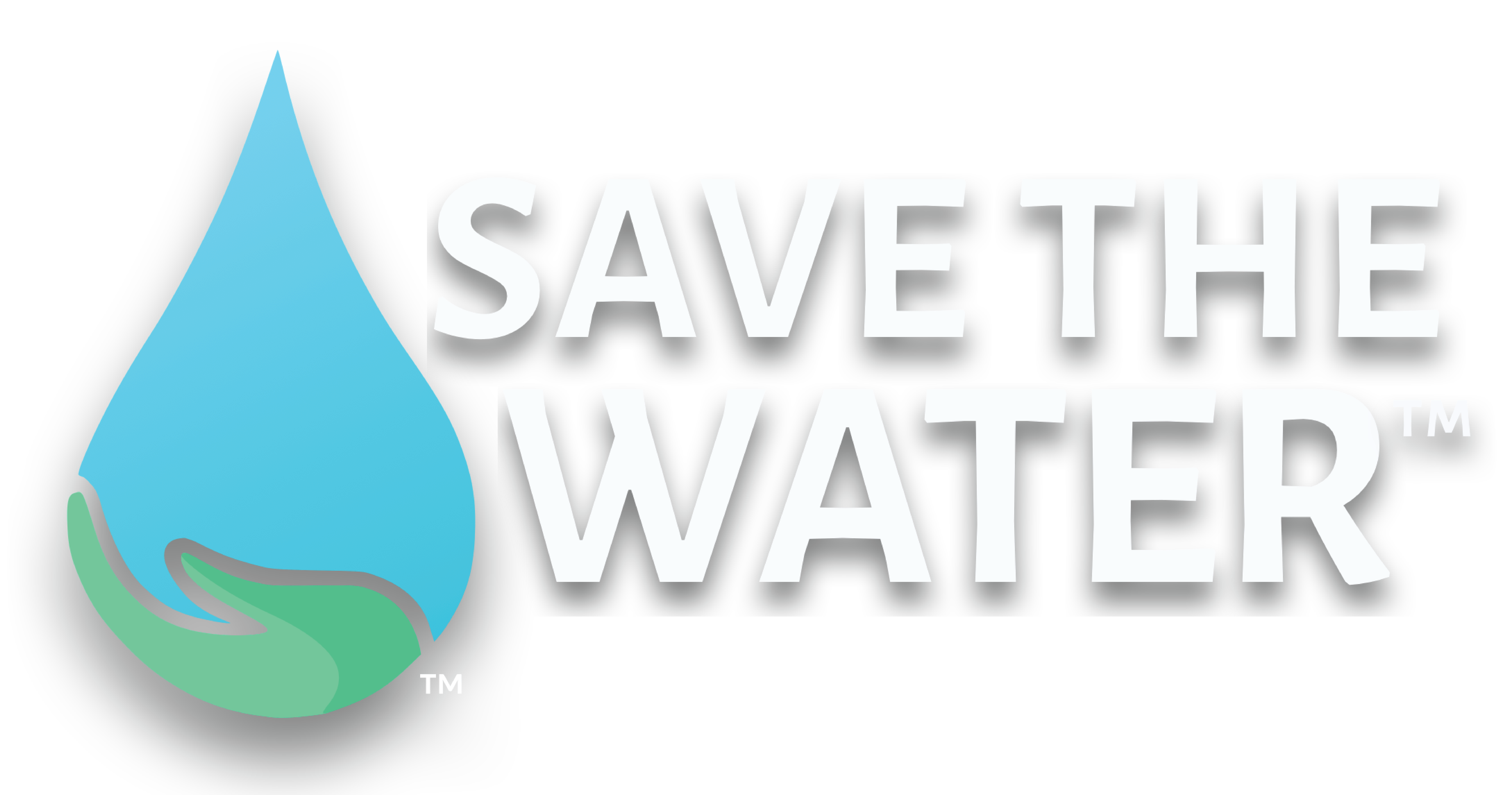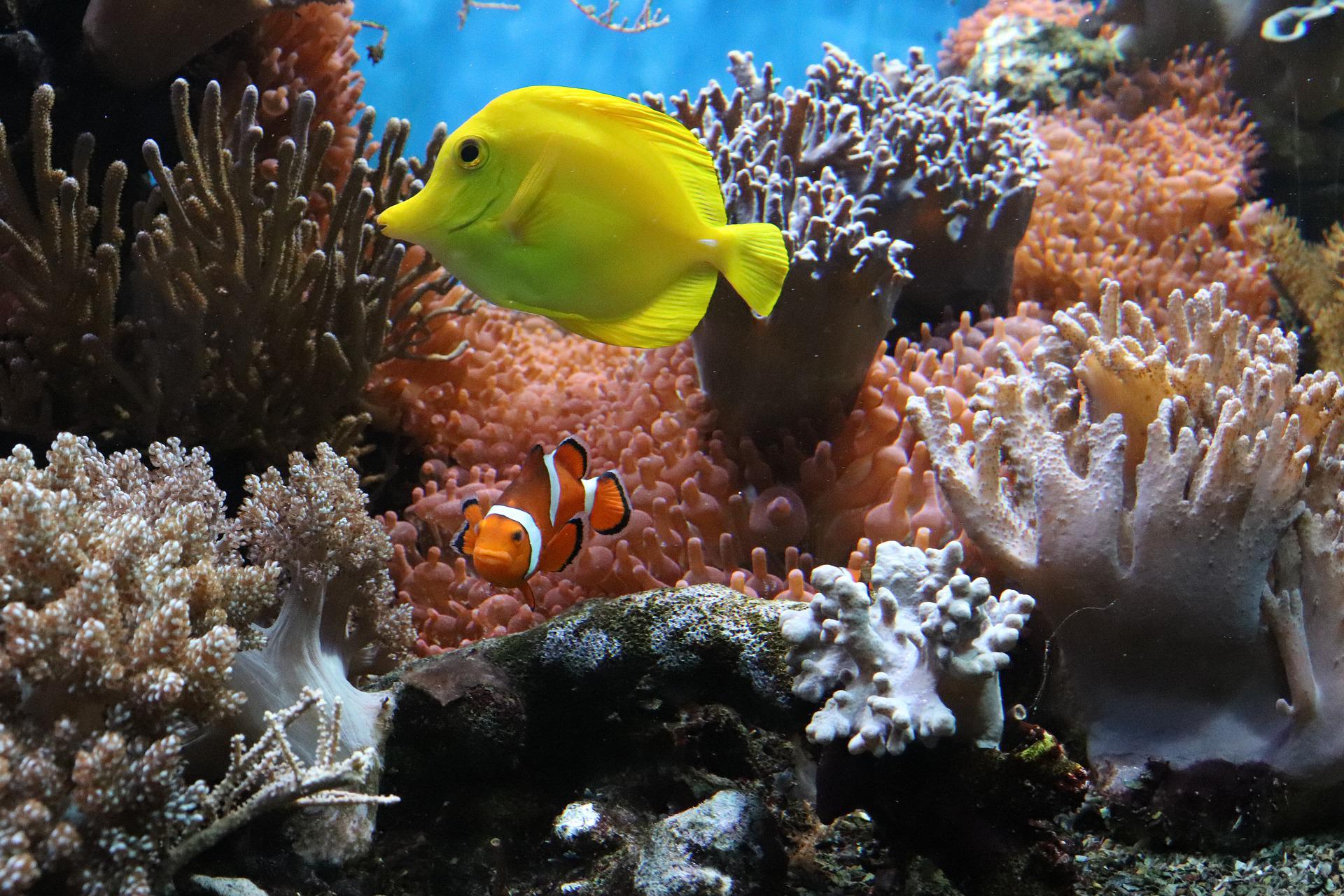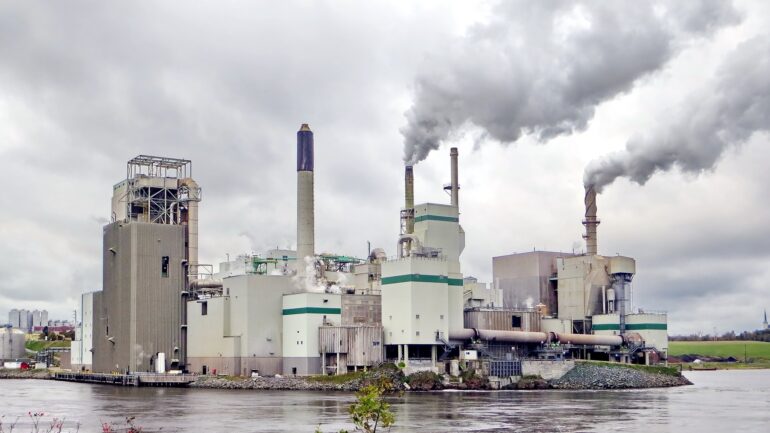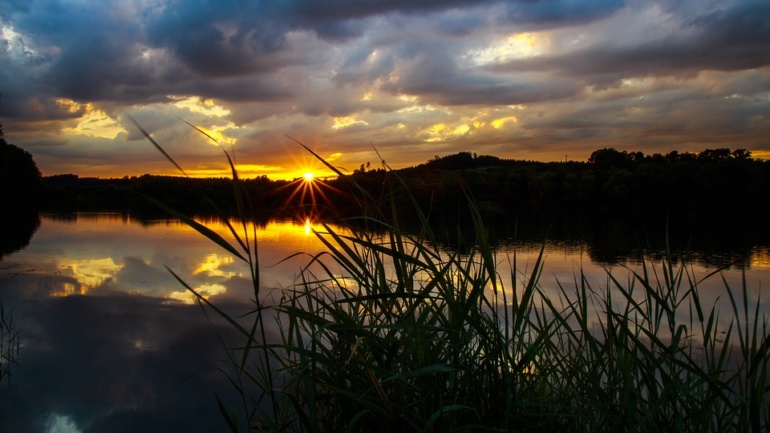By Mitriy Krause, Associate Researcher & Writer for Save The Water™ | May 13, 2022
Coral reefs are centers for ocean biodiversity. These biodiversity hubs have been at risk of extinction for some time now. Among other factors, water contamination plays a part in harming these delicate ecosystems. Luckily, scientists are studying how to make them healthy again.
What are Coral Reefs?
Coral reefs are underwater ecosystems. They are based around coral species that are able to build reefs. Reefs are hard, rock-like structures. Some species and other ocean processes make them naturally. We can find coral reefs all over the world. However, they cover only a small percentage of the ocean floor.
Coral reefs are vastly biodiverse. This means they foster many different species of plants, fish, and other ocean creatures.
They do best in certain water conditions:
- Warm
- Clear
- Shallow
Coral reefs face many threats. In fact, some scientists fear that they could disappear by 2050. However, losing them means thousands of different species may become extinct. Also, losing these reefs would threaten the livelihoods of humans who use the fish for their diet or income.
Research Findings on Coral Reefs
Water pollution poses a big threat to coral reefs. A lot of trash and chemical contaminants from land make their way to these ocean shelters. Moreover, illegal fishing and overfishing threaten the natural cycles of these ocean ecosystems. Wastewater from ships has been linked to stony coral tissue loss disease (SCTLD). This disease is deadly and spreads quickly.
Many people travel to places where they can observe the beautiful coral reefs. However, those reefs closest to human civilization are the most vulnerable to water contamination.
In contrast, reefs in safer areas show more resistance, resiliency, and faster recovery against these negative impacts.
What We Can Expect in the Future
Scientists have known for a long time that coral reefs are important centers of biodiversity for marine species. Recently, researchers have begun to study them at the molecular level. These studies will help scientists better understand the different factors at work in these complex ecosystems. Such knowledge can help us learn the best ways to protect them. It can also let us help them recover from negative environmental impacts.
What You Can Do to Help
There are a few ways you can help protect coral reefs:
- Use reef-safe sunscreen. You may not be swimming near a coral reef, but chemical contaminants can make their way from your shower to local waterways.
- Next time you go to the beach, consider joining a volunteer beach cleanup group.
- If you live in a country or region with nearby coral reefs, urge your government to manage fishing and land runoff.





